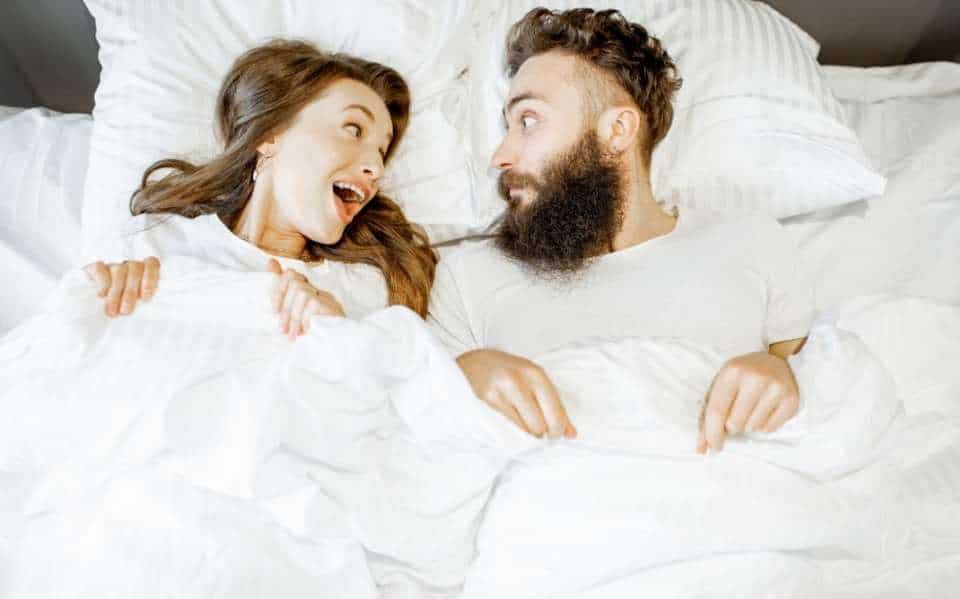With adult ADHD, being tired and hyper at same time is the norm. Even though you are tired, getting to sleep is a major issue.
ADHD Night Owl
Adults with ADHD have a delayed sleep-wake cycle. This means that even if we’ve had a busy day and are tired, we can start to feel more alert in the evening.
This shows up as a racing mind when we are trying to fall asleep. As soon as we close our eyes our minds start racing. Sleep is so boring to our brains!

Often this is thought to be caused by anxiety, but usually we aren’t having anxious thoughts. We are just thinking about…. well, anything really!
Our ADHD brains just love to take any opportunity to be curious and problem solve.
Delayed Sleep Phase Syndrome ADHD
We have a tendency to be Night Owls, preferring to go to bed late and sleep in. This is called having a delayed circadian rhythm. Being a really late Night Owl, going to bed after midnight, is considered Delayed Sleep Phase Syndrome (DSPS).
It has often been suggested that ADHD symptoms and personal choice (impulsivity leading to staying up late, racing mind when trying to sleep) leads to this delayed circadian rhythm.

But maybe we need to flip that idea on its head. What if it actually is a delayed circadian rhythm that leads to disturbed sleep and ADHD symptoms?
This may be true. Research has now shown that our tendency to be Night Owls actually has a biological cause.
The delayed circadian rhythm in adults with ADHD is linked to neurodiversity, the specific anatomical and genetic differences in the ADHD brain.
Adult ADHD Circadian Rhythm
It turns out we all have a Master Clock in our brains. This Master Clock generates a circadian rhythm which controls the rest/sleep rhythm for each body organ.
Normally the internal clock timing and the environmental timing are very closely matched, but in ADHD this internal timing is off for some reason.
Scientists have found genetic variations in the genes for the Master Clock in people with ADHD and other neuroatypical brains.
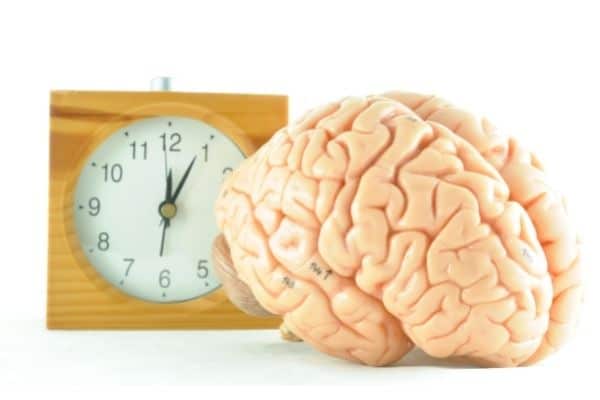
Dr. Coogan discussed this finding in a lecture:
‘The period deviated from 24hrs, and this is really unusual. Normally when we look at this type of data the period of the cycle is bang on 24 hours because our internal clock is locked onto the 24 hr cycle.’
‘So to see a significant deviation from this is telling us that there is something altered in how the circadian clock is locking into the cycle in the environment for people with ADHD.’
Dr. Andrew Coogan, director of the Chronobiology and Sleep Research Laboratory at Maynooth University
So people with ADHD don’t just have delayed circadian rhythms because we are staying up late watching too many episodes of our favourite TV show. We are literally genetically predisposed to be Night Owls.
ADHD and Sleep Disorders
And it turns out that every sleep disorder is more common in ADHD than the regular population.
Some experts have even suggested that ADHD is really a sleep disorder in disguise.
Circadian Rhythm Sleep Disorders are the most common in adults with ADHD, but we are predisposed to other sleep disorders like:
- Sleep Variability
- Sleep Anxiety
- Social Jet Lag
- Sleep Disordered Breathing
- Obstructive Sleep Apnea
- Restless Leg Syndrome
- Periodic Limb Movement Disorder
- Difficulty Falling Asleep
- Difficulty Staying Asleep
- Less Total Sleep Time
- Excessive Daytime Sleepiness
- Subclinical Narcolepsy
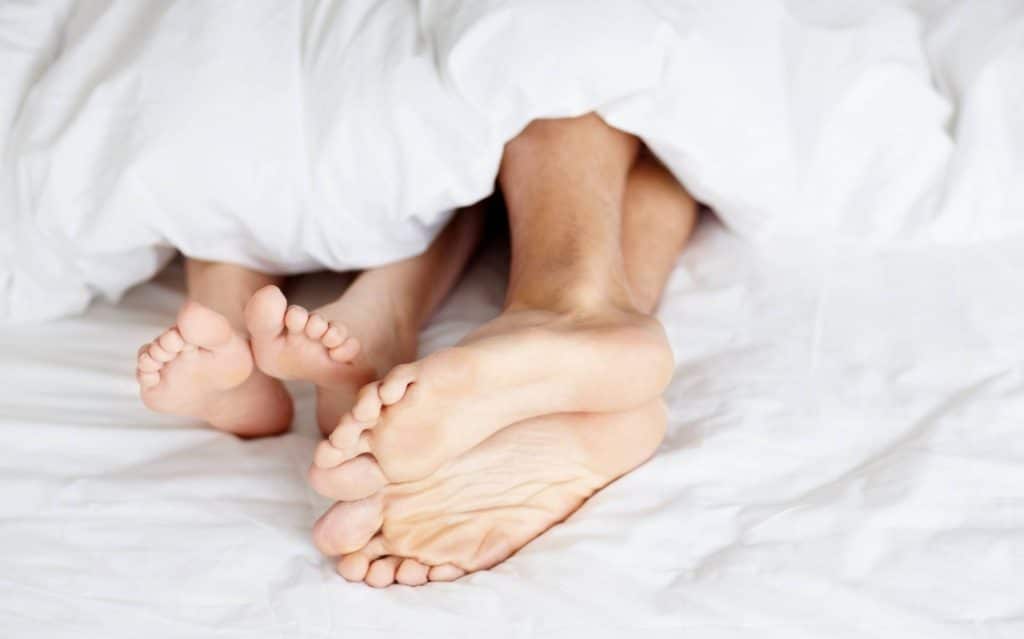
Or Is It Revenge Bedtime Procrastination?
Revenge Bedtime Procrastination is a concept where you have been busy all day and you use the time late at night to get some ‘me time’.
You think you are productive, but really you are doing things like watching TV, playing video games or scrolling through your phone.
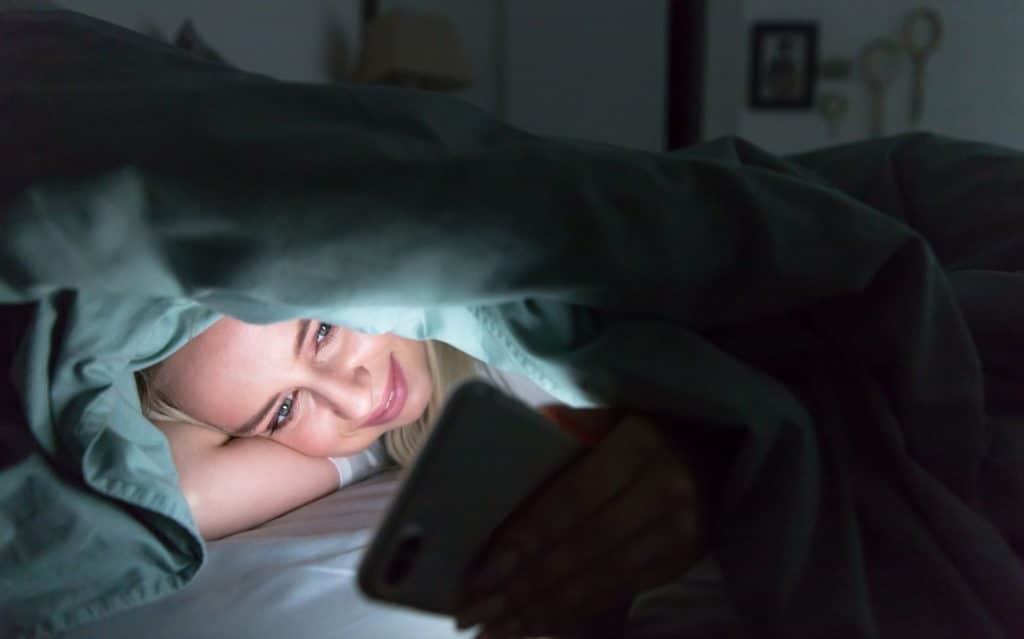
Seems like a great idea at the time, but you pay for it when you don’t get enough sleep.
ADHD Can Cause Insomnia
A large number of adults with ADHD find their sleep improved when taking stimulants. Just a fraction (estimated at 10-20%) have their sleep worsened after more than the initial few days of starting stimulant medication.
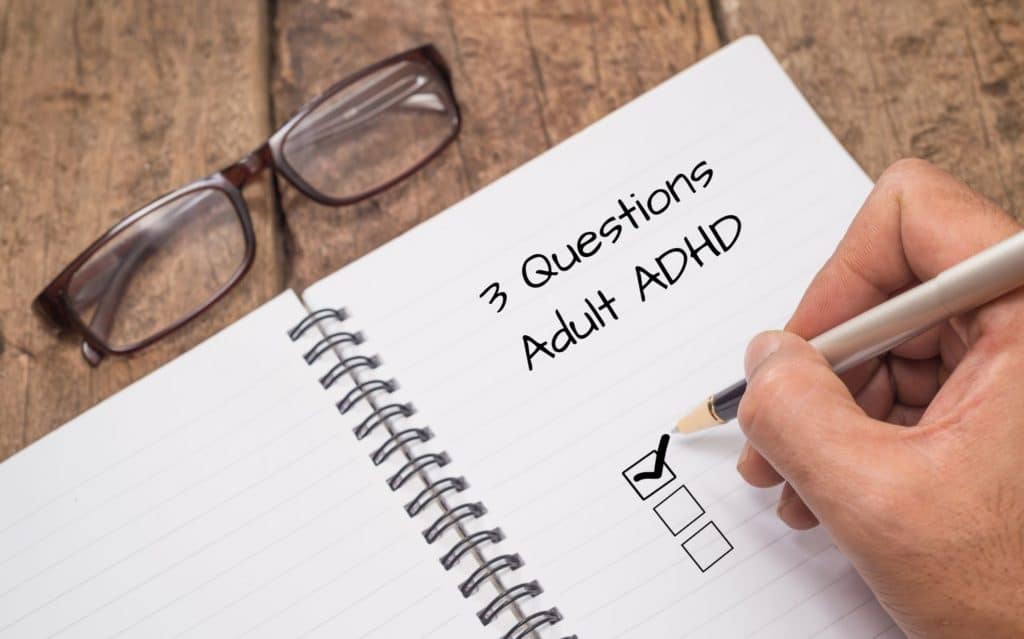
Dr. Dodson, a well respected adult ADHD expert, asks his patients to take a nap shortly after taking their stimulants for the first time. This is to prove to them that the stimulants will not cause them insomnia.
For years, many of his ADHD patients have found they actually sleep better while taking stimulants.
Melatonin and Adult ADHD
A really simple but powerful way or resetting the circadian rhythm is to use light. Our eyes sensing light at the right times of day can affect the circadian rhythm.
The main signal of the Master Clock is a hormone called melatonin, which is naturally produced in our brain.
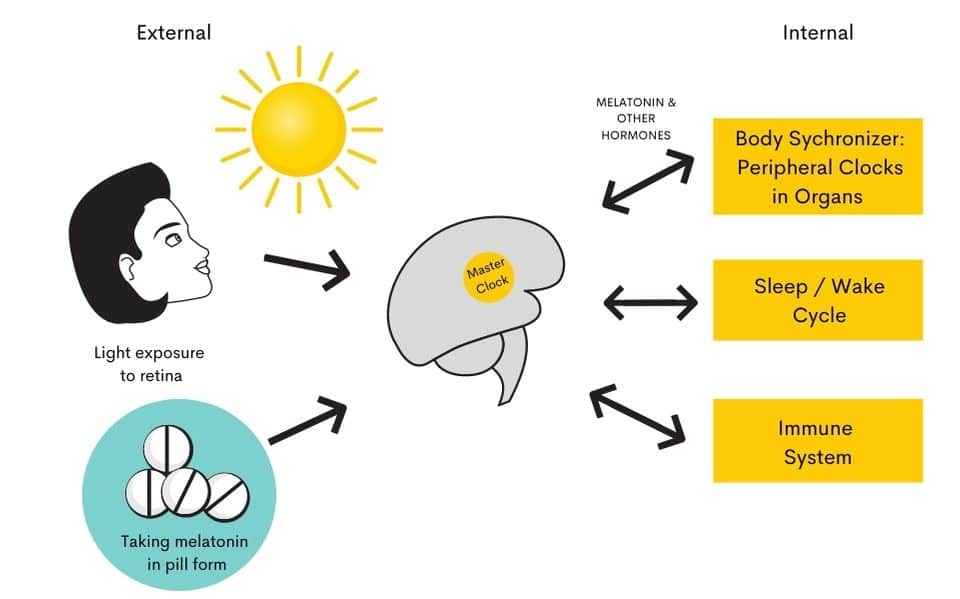
Melatonin is produced in different amounts throughout the day, with more produced in the evening so that the maximum amount is in our bodies when we sleep.
While we can take melatonin in pill form, it is actually much more effective to get our body to make melatonin itself. This involves exposing ourselves to bright light in the morning, and avoiding it before bed.
How To Stop Your ADHD Racing Thoughts at Night?
ADHD and a delayed circadian rhythm are linked. So what can we do with this information?
To start, let’s get past the shaming of people with ADHD. Our insomnia is not always due to our ‘poor life choices’. Enough with the shaming!
Let’s have some compassion for ourselves and realize that we have an altered internal clock!
At the same time, do be honest with yourself if revenge bedtime procrastination is something you recognize.
Diagnosis and treatment for ADHD can help insomnia caused by ADHD.

Using light exposure to adjust our circadian rhythm is also very important for ADHD Night Owls.
But another issue for people with ADHD is that we have trouble switching our minds from a focused state to a relaxed state.
This is actually a skill you can learn, and there are a ton of techniques to help you do just that. I cover them in detail here.
Some techniques can help in the moment, but some things like certain meditations, non sleep deep rest protocols or breathwork can really make a difference when you do them consistently.
- Non Sleep Deep Rest Protocols, like Yoga Nidra or self-hypnosis
- Meditation, particularly gratitude
- Breathwork
- Supplements like Dr. Huberman’s ‘Sleep Cocktail’
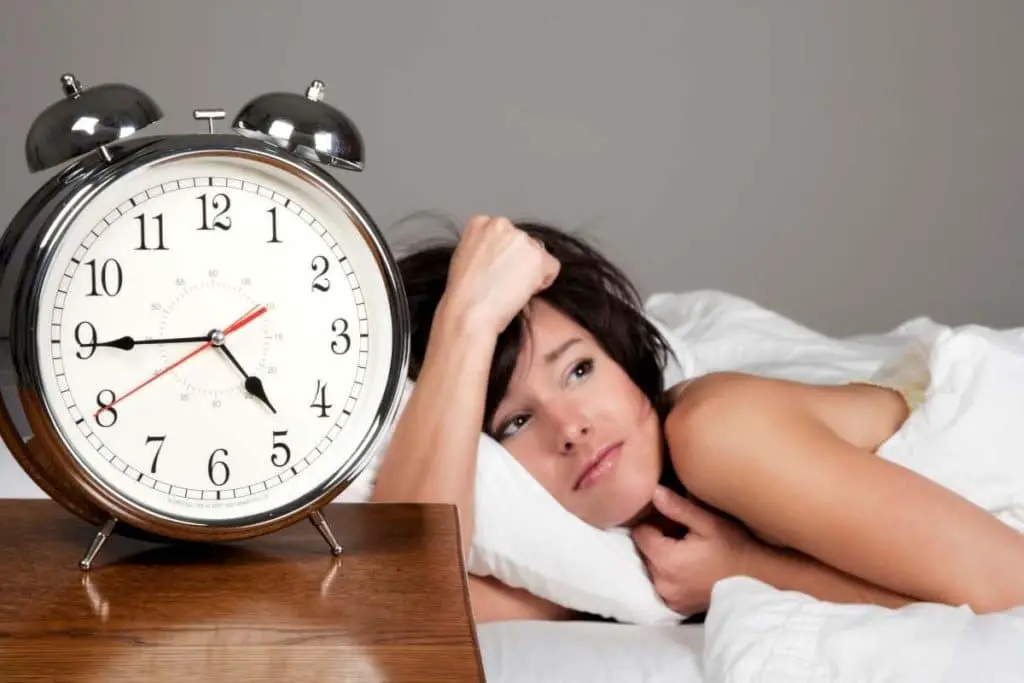
References
- ADHD 24/7: Circadian clock genes, chronotherapy and sleep/wake cycle insufficiencies in ADHD.
- Effects of chronotherapy on circadian rhythm and ADHD symptoms in adults with attention-deficit/hyperactivity disorder and delayed sleep phase syndrome: a randomized clinical trial
- Adult attention-deficit hyperactivity disorder is associated with alterations in circadian rhythms at the behavioural, endocrine and molecular levels
- What Is the Link Between Attention-Deficit/Hyperactivity Disorder and Sleep Disturbance? A Multimodal Examination of Longitudinal Relationships and Brain Structure Using Large-Scale Population-Based Cohorts
- A polymorphism at the 3′-untranslated region of the CLOCK gene is associated with adult attention-deficit hyperactivity disorder
- Clock Genes and Altered Sleep–Wake Rhythms: Their Role in the Development of Psychiatric Disorders
- Sleep in adults with attention deficit hyperactivity disorder (ADHD) before and during treatment with methylphenidate: a controlled polysomnographic study
